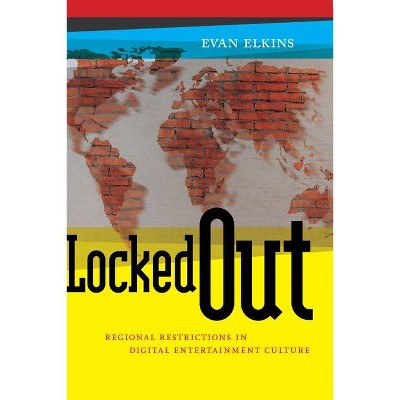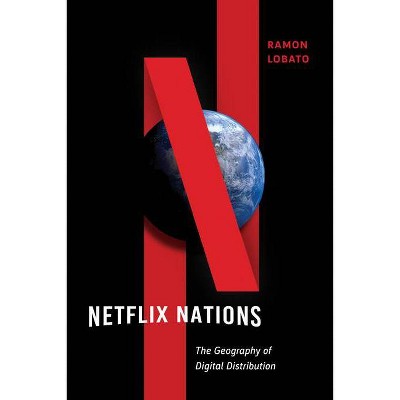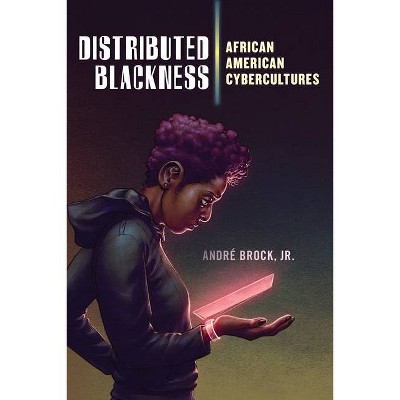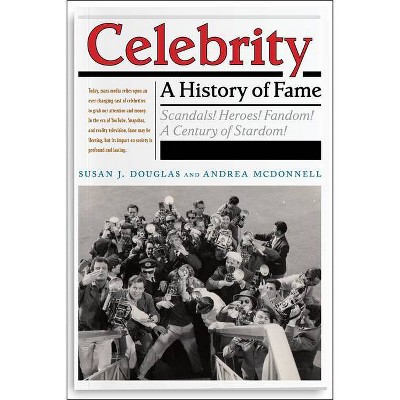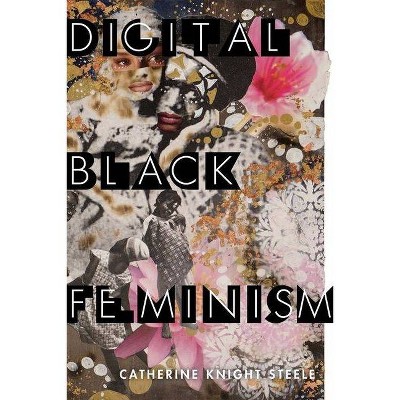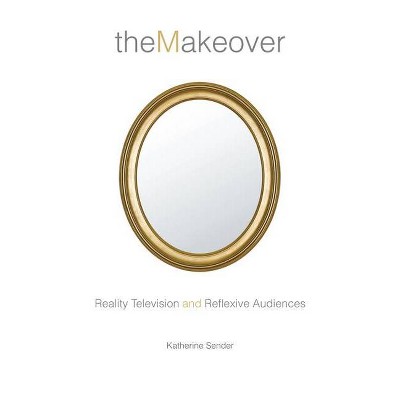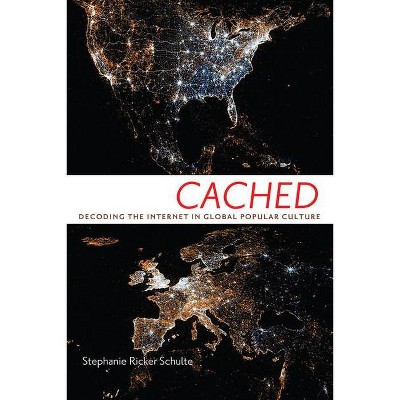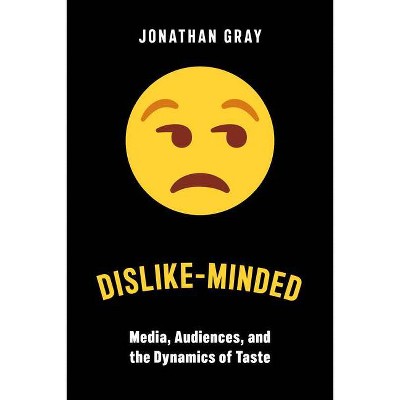Fake Geek Girls - (Critical Cultural Communication) by Suzanne Scott (Hardcover)
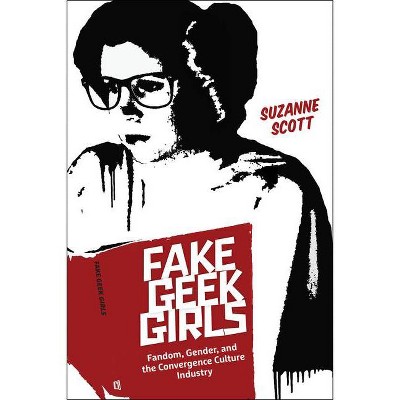
Similar Products
Products of same category from the store
AllProduct info
<p/><br></br><p><b> About the Book </b></p></br></br>"Scott's "Fake Geek Girls" explores the issues of gender"--<p/><br></br><p><b> Book Synopsis </b></p></br></br><p><b>Reveals the systematic marginalization of women within pop culture fan communities</b> <p/>When <i>Ghostbusters</i> returned to the screen in 2016, some male fans of the original film boycotted the all-female adaptation of the cult classic, turning to Twitter to express their disapproval and making it clear that they considered the film's "real" fans to be white, straight men. While extreme, these responses are far from unusual, with similar uproars around the female protagonists of the new <i>Star Wars</i> films to full-fledged geek culture wars and harassment campaigns, as exemplified by the #GamerGate controversy that began in 2014. <p/>Over the past decade, fan and geek culture has moved from the margins to the mainstream as fans have become tastemakers and promotional partners, with fan art transformed into official merchandise and fan fiction launching new franchises. But this shift has left some people behind. Suzanne Scott points to the ways in which the "men's rights" movement and antifeminist pushback against "social justice warriors" connect to new mainstream fandom, where female casting in geek-nostalgia reboots is vilified and historically feminized forms of fan engagement-like cosplay and fan fiction-are treated as less worthy than male-dominant expressions of fandom like collection, possession, and cataloguing. While this gender bias harkens back to the origins of fandom itself, <i>Fake Geek Girls</i> contends that the current view of women in fandom as either inauthentic masqueraders or unwelcome interlopers has been tacitly endorsed by Hollywood franchises and the viewer demographics they selectively champion. It offers a view into the inner workings of how digital fan culture converges with old media and its biases in new and novel ways.</p><p/><br></br><p><b> Review Quotes </b></p></br></br><br><i>Fake Geek Girls</i> is a must read for anyone interested in the gender politics of the media industry and media fandom. Scott connects the dots between GamerGate, Trump's election, and the mainstreaming of fandom, revealing the systemic gender policing underpinning all three. An incisive and thoughtful critique, this book lays bare the gendered logics at work in the industrys hailing of fans while recognizing the complexity of their response.--Louisa Stein, author of <i>Millennial Fandom: Television Audiences in the Transmedia Age</i><br><br><i>Fake Geek Girls</i> ties together a dizzying array of fan studies theories, feminist media theories, and industrial critiques to build a convincing argument about the convergence culture industry and its gendered practices... <i>Fake Geek Girls</i> provides an interesting and timely intervention into questions of gender, fan studies, and popular culture.--Convergence<br><br>A clearly argued and insightful work that I would recommend to everyone interested in contemporary media culture, feminism, and identity politics. [...] We need studies like Fake Geek Girls that make us see the gendered power structures in today's digital culture we might otherwise choose to ignore.-- "Fafnir Journal"<br><br>Essential reading for anyone interested in fandom, media industries, and the larger political struggles in which we all live. In this compelling book, Scott investigates the boundary-policing in media fandom that constructs female fans as inauthentic, marginal, and unwelcome. <i>Fake Geek Girls</i> situates these gendered struggles as part of a larger war on women, helping us to understand the way that privilege and power operate within contemporary convergence culture and beyond.--Derek Johnson, author of <i>Media Franchising: Creative License and Collaboration in the Culture Industries</i><br><br>Scott has created a terrific and timely account of the exclusionary logics that inform fan culture and mirror contemporary American politics. It helps contextualize the recent sexist, racist, and homophobic backlashes against Avengers: Endgame, Star Wars: The Last Jedi, Ghostbusters, and The Little Mermaid (for casting a black actress as Ariel) as symptomatic of the culture at large.<i> Fake Geek Girls</i> is a must read for anyone interested in learning how gender, power, and privilege shape media production and fandom.--Women's Review of Books<br><br>Scott's book acts as resistance to the persistent vilification of fangirls, seeks to reestablish fan-girls' influence on both culture and cultural studies, and examines the persistently aggressive gendering of American fandom today.-- "Media Industries"<br><br>Without doubt an important text for media scholarship and fandom studies. It's meticulously researched, politically relevant, and it significantly revisits and reimagines early convergence culture theory.-- "Science Fiction Research Association Review"<br><p/><br></br><p><b> About the Author </b></p></br></br><b>Suzanne Scott</b> is Assistant Professor of Media Studies in the Radio-Television-Film Department at The University of Texas at Austin. She is the co-editor of <i>The Routledge Companion to Media Fandom</i> (2018).
Price History
Price Archive shows prices from various stores, lets you see history and find the cheapest. There is no actual sale on the website. For all support, inquiry and suggestion messages communication@pricearchive.us
